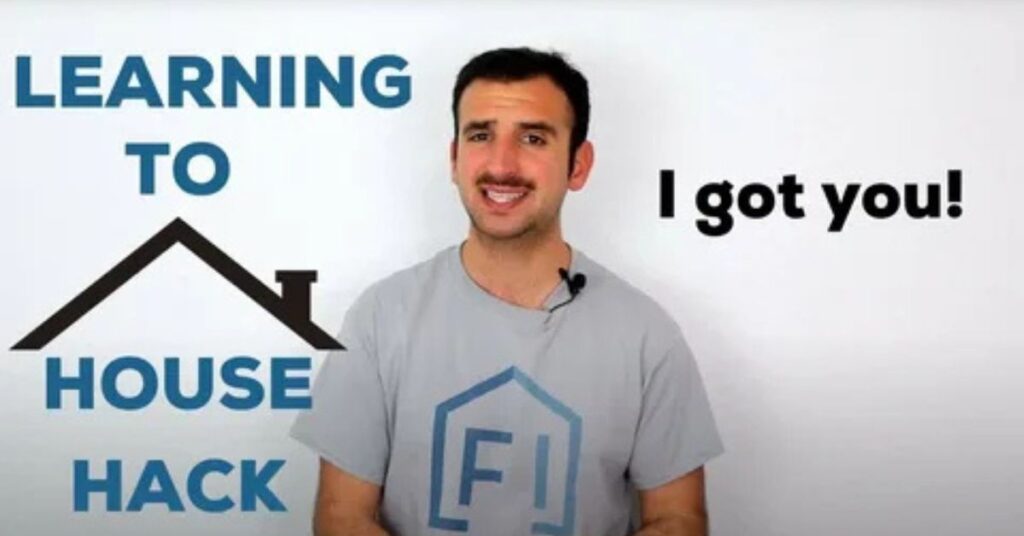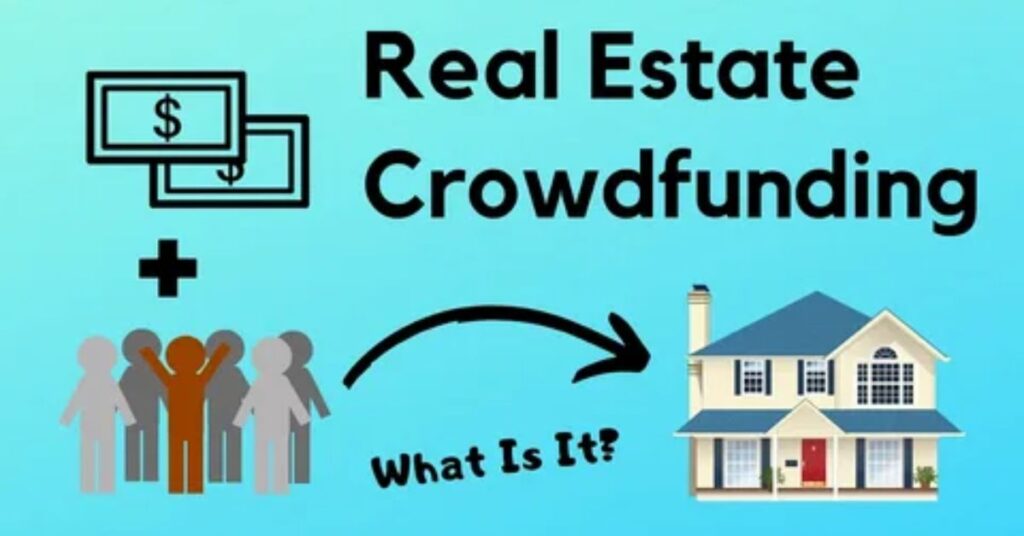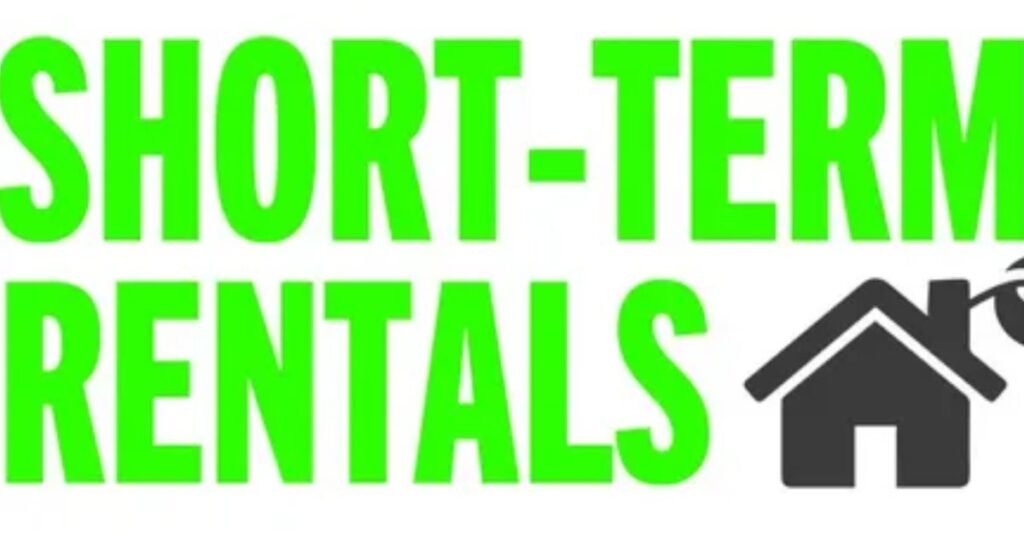The best part? You do not need to be a millionaire or a property tycoon. With new online platforms and flexible financing, 2025 offers more doors to real estate than ever before.
Real estate has always been seen as a wealth-building machine. But most people believe they need deep pockets to get started. The truth? You can start even if you do not have millions sitting in the bank.
In fact, today, there are many ways to invest in real estate with limited funds. Whether you are a student, a small business owner, or someone just starting out, this guide will show you 7 proven strategies to invest smartly in 2025.
Why Invest in Real Estate with Limited Funds?
Before jumping into the strategies, let’s clear a big myth: real estate is only for the rich. Thanks to creative financing options, crowdfunding platforms, and partnerships, anyone can start today. Plus, unlike some investments, real estate can provide passive income and long-term wealth growth.
Learn more about how to start a sustainable business to align real estate with eco-friendly goals.
According to Investopedia, real estate remains one of the most stable long-term investments globally.
1. House Hacking (Live for Free!)

House hacking is one of the smartest ways for beginners to get into real estate. You buy a small multi-family property (like a duplex or triplex), live in one unit, and rent the others. In 2025, first-time buyers are using creative loan programs and shared-living models to lower costs while gaining real-world real estate experience.
This strategy allows you to:
- Cover your mortgage with rent income
By renting out the extra units or rooms, the rental income can easily pay your monthly mortgage instalments. In some cases, you might even live rent-free, helping you save and reinvest faster. - Build equity in your property
As you pay off your mortgage, the property value appreciates over time, increasing your home equity. This growing equity can later be used to refinance, invest in another property, or build long-term wealth. - Start with minimal money by using FHA loans or first-time homebuyer programs.
These low-down-payment programs make it possible to own a property with as little as 3.5% down. Many real estate investors in 2025 are starting this way, combining government-backed loans with smart budgeting to begin their journey affordably.
Learn more about FHA loans from HUD.gov to understand how these programs can help you buy your first property with minimal upfront costs.
2. Real Estate Investment Trusts (REITs)

You can track your REIT investments through platforms like Robinhood or Vanguard, just like regular stocks, making it one of the simplest real estate investment options for beginners. Do not have money for a down payment? You can start investing through REITs, which are like stocks for real estate.
With REITs, you can:
- Invest with as little as $100
This makes real estate investing accessible even to beginners who do not own property. You can buy fractional shares in commercial projects and grow your wealth over time. - Earn passive income from real estate projects
Many REITs pay monthly or quarterly dividends, allowing you to enjoy consistent cash flow just like a landlord, without managing any property yourself. - Diversify your portfolio easily
By investing in different property types like apartments, offices, and warehouses, you reduce overall risk and balance your real estate investment portfolio for long-term stability.
You can also read our full guide on how REITs work for beginners to understand their benefits and risks.
3. Real Estate Crowdfunding

Real estate crowdfunding platforms allow multiple investors to pool money and invest in large projects. This is perfect for people who want to start with limited funds. Most platforms also handle all property management tasks, so you can enjoy returns without the stress of being a landlord.
- Platforms like Fundrise and CrowdStreet make it easy
These real estate crowdfunding platforms simplify the entire investment process by handling property selection, management, and reporting for you. You can invest in real estate online without needing to visit or manage properties physically, making it a perfect choice for beginners and small investors in 2025. - You can start with as little as $500
Many real estate investing platforms allow you to begin with a low entry amount, making property investment accessible to students and first-time investors. This flexibility means you can diversify your portfolio early and build long-term passive income from real estate without heavy upfront costs. - Get exposure to both residential and commercial projects
Through crowdfunding real estate opportunities, investors can access a variety of projects such as apartments, retail spaces, and office complexes. This diversification in real estate investment helps reduce risk while improving returns, giving you the benefits of both short-term rental income and long-term property appreciation.
Explore Fundrise, a beginner-friendly platform that allows you to invest in real estate with as little as $10.
4. Wholesaling Real Estate
Wholesaling requires little to no upfront capital. You find undervalued properties, get them under contract, and then sell the contract to another investor for a fee. All you need is negotiation skills and a good understanding of local property values; no bank loans or credit checks required.
This strategy requires hustle but almost no investment. It is a great way to:
- Learn the real estate business by understanding how deals, contracts, and property valuations work in real time. You gain hands-on experience without owning property, which helps you prepare for bigger investments later.
- Build your network of real estate investors, agents, and buyers who can support your future projects. These connections often turn into long-term partnerships and open doors to profitable opportunities.
- Generate quick profits by closing deals fast and earning assignment fees. Unlike rental properties, wholesaling gives you short-term income while building your reputation as a trusted real estate deal finder.
Before investing, it is essential to learn how to set business goals effectively to stay focused and track your real estate growth in 2025.
5. Partnering with Investors
If you lack money but have time and skills, you can partner with investors. For example, you handle property management while your partner provides the capital. You can find potential partners through local real estate meetups or online forums like BiggerPockets.
Benefits include:
- Sharing risks and rewards
By forming smart real estate partnerships, you divide both profits and responsibilities. This teamwork reduces personal financial pressure and helps each partner achieve faster investment growth. - Learning from experienced investors
Working with seasoned professionals gives you hands-on exposure to real estate market trends, negotiation tactics, and property evaluation skills. It’s one of the best ways for beginners to gain practical investing experience without attending expensive courses. - Starting without upfront money
Many real estate joint ventures allow you to contribute effort, management, or marketing skills instead of cash. This makes it possible to build passive income streams and property ownership experience with minimal financial risk.
Learn the smart way to find a real estate partner who shares your goals and investment vision.
6. Short-Term Rentals

Short-term rentals are booming in 2025. You can rent out a spare room, basement, or vacation property using platforms like Airbnb. Some hosts even start with rental arbitrage, renting a property long-term and re-renting it short-term for higher profits.
- Requires less capital
You can start small by renting out a single room, basement, or shared space, avoiding the huge down payment of full property purchases. This makes it ideal for beginners in real estate investing who want to earn passive income while learning how short-term rental markets work. - Generates higher monthly income
Because rates are charged per night or week, your property can earn significantly more revenue compared to long-term leases. This approach allows investors to maximize cash flow and reinvest profits faster, a key strategy in real estate income growth for 2025. - Perfect for people in tourist-heavy areas
If you live in or near a popular travel destination, short-term rentals can bring in steady seasonal profits from guests year-round. Local hosts benefit from increased property demand, especially during holidays and events, making this a smart real estate opportunity for small investors.
Discover how Airbnb hosting works to turn your spare room into a profitable short-term rental business.
7. Real Estate Syndications
A real estate syndication is when a group of people pool money to buy big properties like apartment complexes. You contribute a small amount and earn a share of the profits. This is ideal for people who want to be passive investors while professionals handle operations and profit distribution.
This is a hands-off investment and great for beginners with limited funds.
Discover how real estate syndications work and how you can start investing passively through the BiggerPockets’ Syndication Guide.
Final Thoughts
Real estate investing is not just for the rich. Whether you choose house hacking, crowdfunding, or short-term rentals, you can start small and grow big. The key is to take action in 2025 and use these 7 proven ways to make real estate work for you.
Combine these strategies with learning how to make money online in 2025 to create multiple income streams.
The U.S. Small Business Administration also offers free resources for entrepreneurs interested in real estate.
FAQ’s
Can you start investing in real estate with $500?
Yes, you can start investing in real estate with as little as $500 in 2025. Thanks to real estate crowdfunding platforms like Fundrise or RealtyMogul, beginners can pool small amounts of money with other investors. This way, you do not need to buy a house yourself; you are investing in part of a property or project. For example, many platforms let you start with just $10–$500, making it possible for anyone, even small business owners or students, to enter the market.
Is that risky?
Like any investment, real estate has risks, but starting with small amounts lowers your exposure. Crowdfunding and REITs (Real Estate Investment Trusts) spread your money across multiple properties, which helps reduce risk compared to buying one property on your own. The biggest risks are:
Market downturns (property values going down)
Limited liquidity (you can’t sell quickly like stocks)
Platform fees
Still, many experts see real estate as less risky than stocks in the long term because properties tend to grow in value over time and provide rental income.
Can beginners invest in real estate in 2025?
Absolutely! Beginners can start investing in real estate in 2025 without needing deep pockets. Some of the easiest ways include:
Real Estate Crowdfunding (start with $10–$500)
REITs you can buy from apps like Robinhood or Vanguard
House hacking (renting out a room or part of your home)
Micro-investing apps that focus on property shares
With new tech-driven platforms and flexible options, 2025 is one of the best times for beginners to get into real estate investing. Even if you are in the USA, UK, Canada, or Asia, global platforms now allow access to international properties, making real estate more inclusive than ever.

